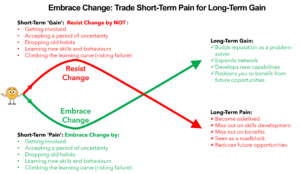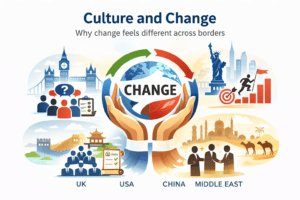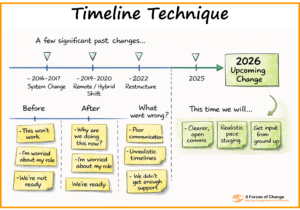
In his book, The Happiness Hypothesis, Richard Haidt uses the metaphor of an ‘Elephant and Rider’ to describe our response to given situations. The elephant represents our emotional response, and the rider, sitting on the elephant, represents our logical response. We like to think that the rational rider is in control as we think logically about what actions we should take, but the overwhelming evidence indicates that it is the emotional elephant that is in control. For instance, based on clear evidence, our logical rider may decide that we need to take more exercise, eat more healthily and cut down on alcohol. Yet, our emotional elephant leads us in the opposite direction.
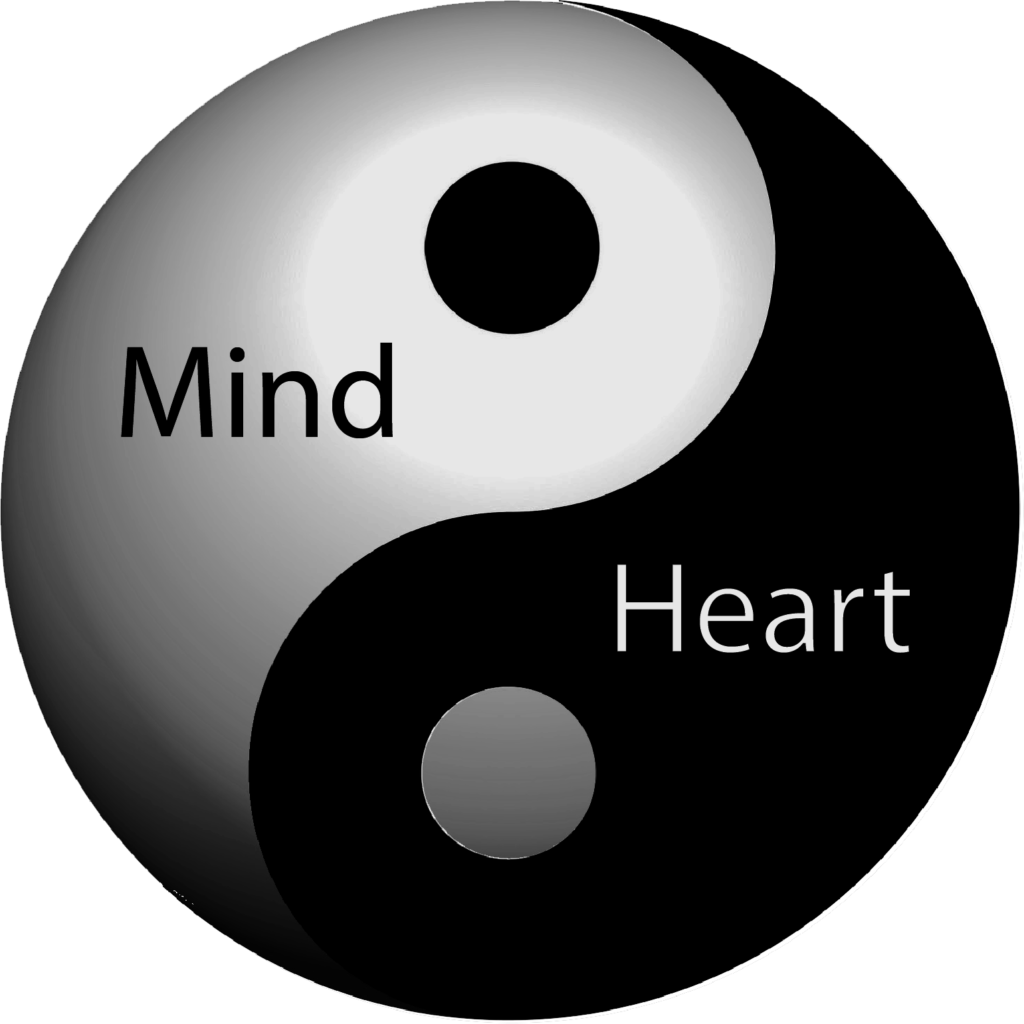
It is our capacity for logical reasoning that separates us from the rest of the animal kingdom, but it is our emotions that remind us of our evolutionary beginnings. Rene Descartes’s 17th Century philosophy, summed up in the phrase “I think therefore I am”, held sway in Western culture for hundreds of years. But, in recent decades, scientists have begun to approach consciousness as a complex and indivisible mind-brain-body system.
This dichotomy has important repercussions for leadership. A logic-based philosophy assumes that rational thinking and facts will win the day. In this scenario, a leader simply has to present solid evidence of future benefits to win people over to their planned course of action. Yet, your own experiences may persuade you of a contrary view. At work, PowerPoint slides and Excel spreadsheets, whilst useful, are rarely enough to persuade people to abandon the comfort of the familiar in favour of the sunny uplands of a different future.

It is no wonder then that governments have turned to behavioural psychologists in their campaigns to persuade people to lead healthier lives, drive responsibly, or take the necessary precautions to stay safe from Covid-19. They know that a purely logical approach, even one based on the life-threatening risks, is not enough to change people’s behaviours.
In reality, to make change happen, we need to charm the elephant as well as convince the rider – winning ‘hearts and minds’. This means making all of the rational arguments about the benefits of change and logic of your plans, whilst at the same time pulling on a set of powerful emotional levers.
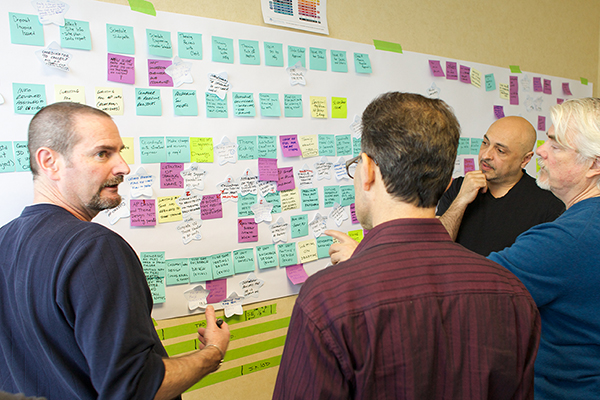
One such emotional lever is Control, based on our need for control over the things that affect our lives. When change seems like it’s being forced on us without our consent, we feel like disrespected victims of change. Consequently, our elephant rebels and leads us off in the opposite direction to the change. By contrast, when we are actively involved in shaping or implementing change it gives us a sense of empowerment; our elephant is won over, and we take ownership for the change.

To learn how to exploit the emotional levers of change take a look at www.5forcesofchange.com or the following two books: ‘The 5 Forces of Change – a blueprint for leading successful change’ and ‘5 Tales of Change – how people have wrestled with change and won’ available in paperback and Kindle editions.



